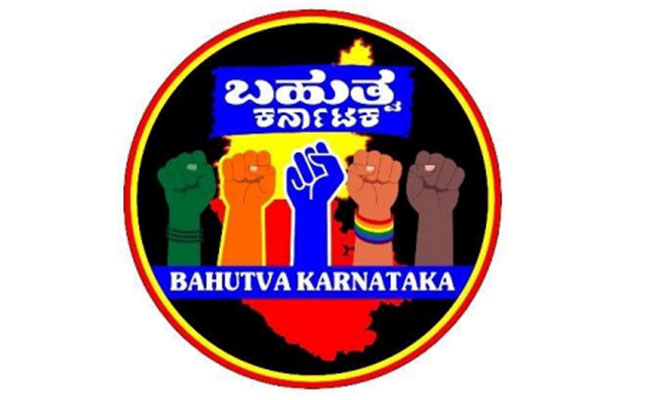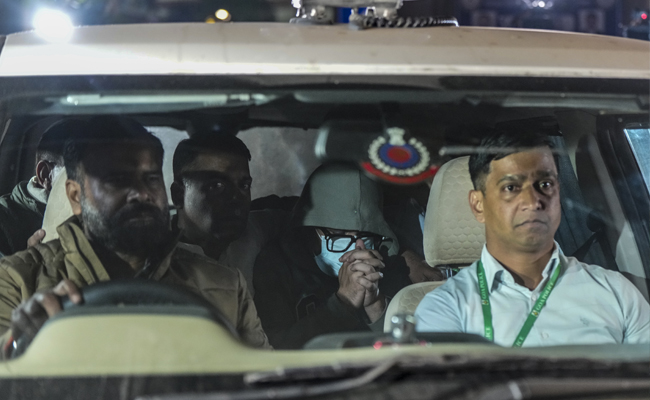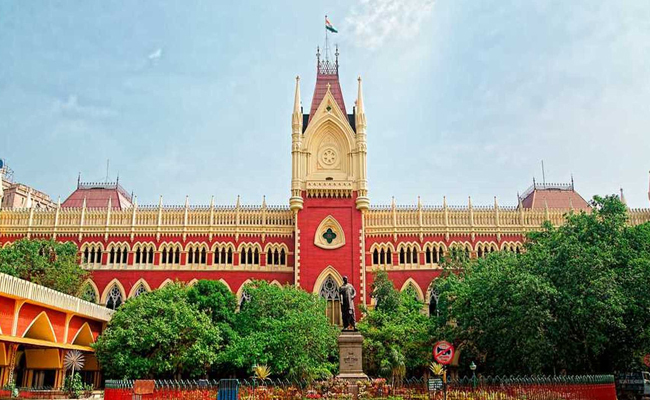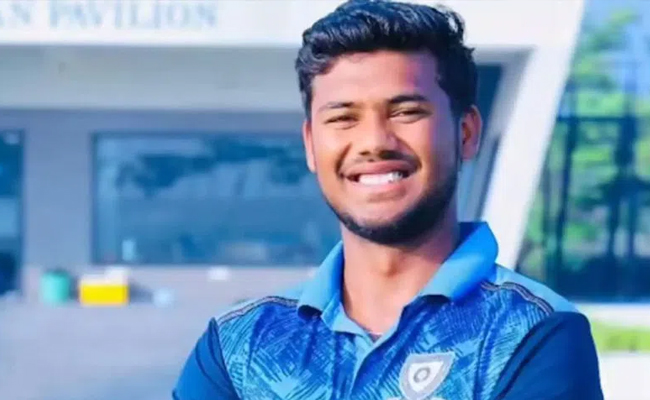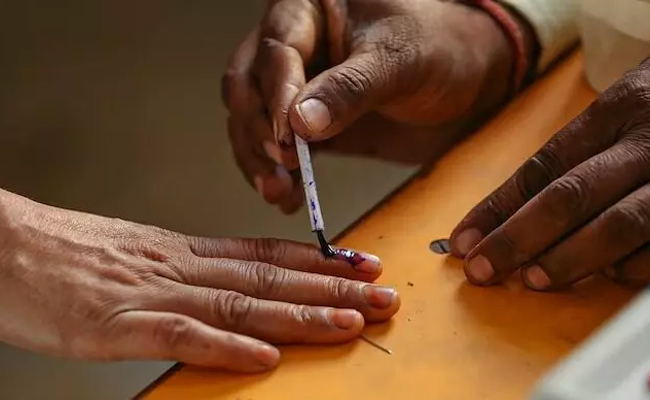In a congratulatory message to the victorious party in Karnataka, Bahutva Karnataka, a civil society collective committed to justice, equality, communal harmony, and peace, emphasizes the need for immediate and long-term measures to restore the economic, social, cultural, and political health of the state. The collective highlights the disenchantment and disappointment of over 60% of the population with the policies and politics of the previous government, which caused distress and insecurity across various sections of society.
The recent elections witnessed significant participation from civil society organizations concerned about the impact of these policies on the vulnerable sections and democratic fabric of the state. The collective commends the party for raising awareness about large-scale corruption and emphasizes the importance of upholding constitutional commitments to justice, liberty, equality, and fraternity.
Bahutva Karnataka had previously released sector-specific report cards evaluating the performance of the previous government in areas such as education, healthcare, women's rights, minority rights, workers' rights, and governance. Drawing from these reports, the collective emphasizes the following urgent measures for the new government:
Justice:
Abolish anti-labor laws allowing 12-hour workdays and address grievances of various workforces.
Provide land rights to slum residents and make the 2015 socio-economic educational survey public for enhancing accessibility to education.
Strengthen action against gender-based violence, renew Santwana Kendras, and empower commissions for women and child rights.
Increase funding for preserving forest and marine ecosystems, reviewing environmentally sensitive projects.
Repeal anti-farmer laws and legalize Minimum Support Price.
Ensure transparency in government decisions and tackle the practice of manual scavenging.
Liberty of Thought and Expression:
Uphold civil society's right to dissent and revoke restrictions on protests.
Revoke anti-conversion laws and promote tolerance and unbiased engagement with citizens.
Conduct Panchayat and Municipal elections to facilitate local body functioning.
Equality of Opportunities to Education and Health:
Fill teaching and support staff positions in educational institutions.
Increase school enrollments, allocate funds for infrastructure, and restore mid-day meal schemes.
Formulate a State Education Policy based on consultations with experts, ensuring holistic knowledge and critical thinking.
Allocate resources for improving public health infrastructure and enhance welfare schemes like Indira Canteens and free public transport.
Fraternity:
Address untouchability and inequality, promote diversity, and strictly deal with violations of fraternity and dignity.
Strengthen human rights commissions and involve citizens in decision-making through gram sabhas and public consultations.
The collective also calls for the implementation of a pre-legislative consultation policy to ensure public participation in the lawmaking process. They express their commitment to holding the government accountable and urge continued engagement on issues impacting public interest.
As Karnataka seeks renewal under the new government, the implementation of these measures is seen as crucial to transforming the state into a more just, equitable, and harmonious entity.
Let the Truth be known. If you read VB and like VB, please be a VB Supporter and Help us deliver the Truth to one and all.
Panaji (PTI): Gaurav and Saurabh Luthra, co-owners of the Birch by Romeo Lane nightclub, were brought to Goa from Delhi on Wednesday after being deported from Thailand in connection with the December 6 fire incident that killed 25 persons.
They will be interrogated by the Goa Police in connection with the devastating fire at the nightclub in Arpora, North Goa, an official said.
A team of the Goa Police, along with the Luthra brothers, landed at the Manohar International Airport, Mopa, in North Goa at 10.45 am.
ALSO READ: Goa nightclub fire: Luthra brothers deported from Thailand, taken into police custody
They are likely to be taken to the Anjuna police station for questioning. The accused will also be produced before a court in Mapusa town for their regular remand, the official said.
After the fire tragedy, the Anjuna police had registered a case against the Luthra brothers on various charges, including culpable homicide not amounting to murder.
The Luthra brothers were arrested on Tuesday as soon as they landed in Delhi after being deported from Thailand. A court there allowed the Goa Police their two-day transit remand.
The duo had fled to Phuket (Thailand) early on December 7, hours after the fire at their nightclub, prompting the authorities to issue an Interpol Blue Corner Notice and cancel their passports.
They were detained by Thai authorities at Phuket on December 11 following a request from the Indian government, which later coordinated with officials in Thailand to deport them under legal treaties between the two nations.
Five managers and staff members have already been arrested by the Goa Police in connection with the fire.

